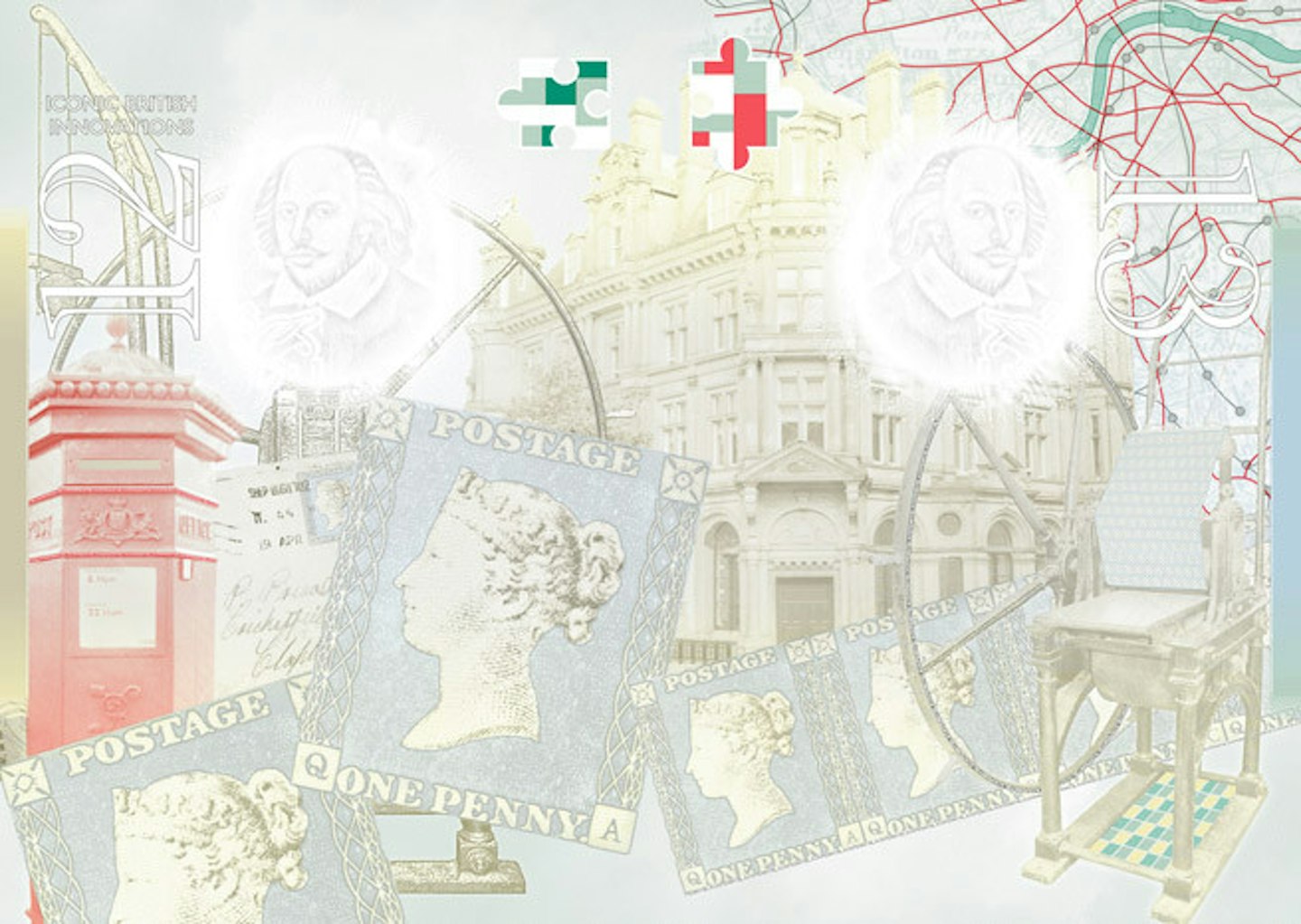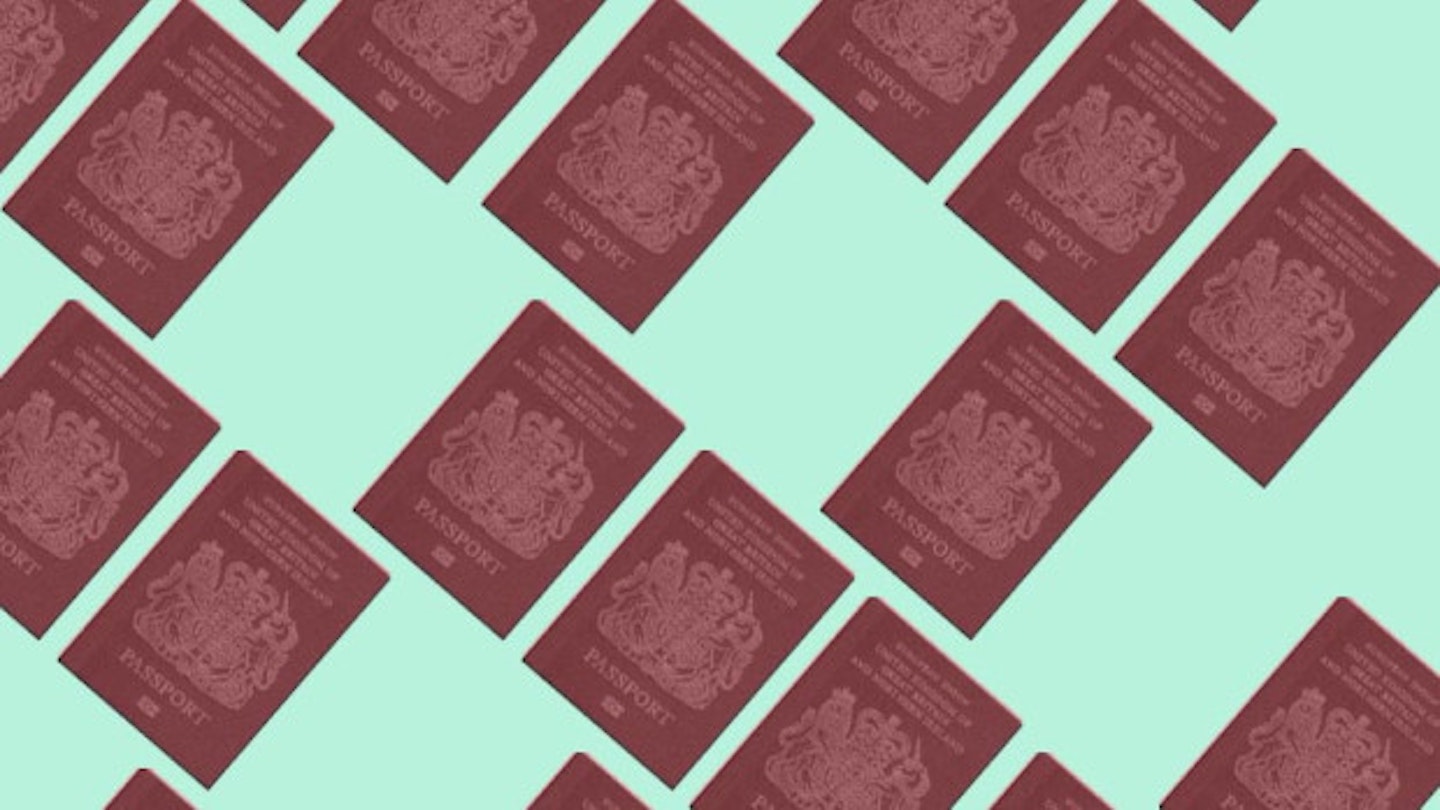I’m just going to say it: I don’t care about the fact the new UK passport has a lack of women. Launched this week, the new design is supposed to celebrate ‘the creative United Kingdom’, and apparently that means images of seven men and two women. Does my indifference make me a bad feminist? According to mainstream consensus, definitely.
‘Women being underrepresented is not the natural order of things’ was the title of an article by Caroline Criado-Perez, the activist behind the campaign to get a woman on a banknote. In many ways, I get where she, and all the other women I saw complaining about the new passport design, are coming from. It’s annoying to be reminded of the inequalities we have in society.
Women make up half the population; we have a right to be seen and heard half of the time. It’s also pretty absurd that none of the many, many eyes who must have seen the designs before they were released to the public thought the gender imbalance would be a problem. To see, every time I go on holiday, a visual representation that a government institution either didn’t notice or doesn’t care about gender inequality, is an infuriating prospect. But. It’s an honest one.
I want every woman in the UK – and around the world, in fact – to know that the world is structurally and institutionally unequal. So often, the end of sexism is portrayed as men’s realisation that women are equal to them, which I think is why so many feminists devote time and energy to getting men on board via #HeForShe feminism. That isn’t my thing at all.
Revolutions happen when the oppressed rise up against their oppressors, and break up the institutions that keep them down. While we have a government that insists on pushing through austerity measures that disproportionally affect women, an equal number of female faces in my passport perpetuates a false sense of equality.
MP Emily Thornberry’s tweet about the new passport – ‘Here we go again’ – sums up my problem with this type of feminism entirely. Again? For so many women, equality doesn’t stop and start with getting more of us in passports or on banknotes. ‘Lean In’ feminism claims if we tackle inequality at the top by having more female MPs and CEOs then it’ll trickle down to the bottom, when if anything the opposite is true.
An extra five women in our passports does very little beyond allowing the government to pat itself on the back when it definitely doesn’t deserve to.

However, there is a difference between the representation of women (and other oppressed people) in institutional contexts like passports, versus how and if they are seen in art and the media. Speaking roles in films, experts on the news, even reality TV, should all be as equal as possible – art and media are supposed to show versions of our lives, and our lives are diverse, varied and wonderful as a result. But when it comes to passports, I can’t help but feel the inequality is simply our government telling us the truth about themselves. It doesn’t happen often.
There’s a habit within mainstream feminism to treat things that are mainly symptoms of sexism as the cause of sexism. Women on passports or bank notes? Symptom. Lads mags? Symptom. Page 3? Symptom. While it’s easy to support these high-profile campaigns on the surface, after a while I’ve realised how complex the issues are, and how much bigger the problem is.
Jane Austen on a tenner doesn’t mean much for women who can’t afford to feed their kids, and it’s hard to ignore the protests of working class glamour models who feel patronised by the middle class women who want to take away a source of their income. I can’t help but feel campaigners would be better off trying to create a world where women have more options, as opposed to getting rid of something symbolic, or even reducing the choices they have.
I’m wary of straight up condemning the women signing the petition to change the passport design – I don’t want to suggest that feminists are narrowminded in their goals. Criado-Perez herself has been vocal about the horrendous abuses taking place at women’s detention centre Yarl’s Wood, and I know (or at least hope) there isn’t anyone who thinks the number of women in the UK passport is the last bastion of feminism.
However, I do wish that cuts to domestic violence services, the often gendered nature of racist attacks, and the failings of the police and the healthcare system when it comes to victims of sexual violence get even half as much attention as yet another feminist campaign that means very little for so, so many.
My feminism is ever-changing. I might not know exactly where my priorities lie, but I do know it’s nowhere near the design of my passport.
Like this? You might also be interested in:
Unhappy With The Election Results? Leaving The Country Won’t Change Anything
‘I Was Embarrassed To Live In That Flat, Now You’re Paying £700 A Month To Live There’
Follow Bridget on Twitter @bridgetminamore
This article originally appeared on The Debrief.
